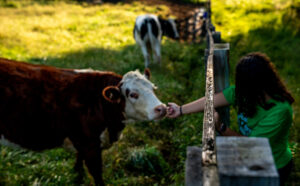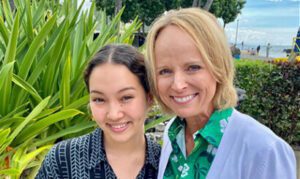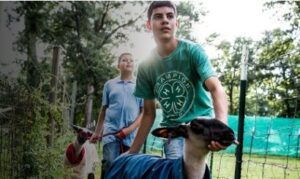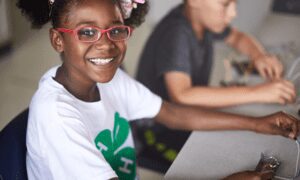We continue celebrating and highlighting 4‑H Mentoring programs across the country, and the mentors who have changed the lives of youth in their communities by serving as role models, educators, life coaches and friends. We are proud to feature the 4‑H Youth and Families with Promise (YFP) Mentoring Program at Virginia Tech.
4‑H YFP Mentoring – Virginia – The 4‑H YFP is a national program implemented to increase the developmental assets of youth and their families.
We spoke with Yvonne Earvin, Mentor Educator in Cumberland County, Virginia, who shared her thoughts and success of 4‑H YFP in Virginia and her personal insights.
What is the main focus area of the program? What are its goals?
Yvonne Earvin (YE): To help kids have a positive and personal relationship with caring adults in the community and to increase school attachment, providing positive experiences in connection to the school system. We look forward to youth succeeding academically.
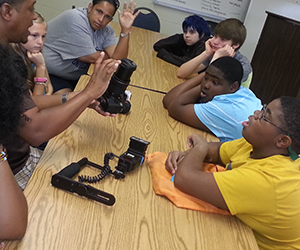
YE: We had so many challenges in our county and we wanted to provide extra support to young people.
Could you elaborate on those challenges?
YE: We saw young people that were in difficult situations with their families, dealing with social isolation, and underachieving in school despite being intelligent.
What areas do you focus on most when mentoring a young person? Academics, career path, personal growth, etc.?
YE: We have been working to explore social issues, problem solving skills, and encouraging fun. We also look for ways to connect families with the programs and to provide an additional support system.
Today, in many cases, youth development organizations have become the main source of mentorship and learning for young people, other than school learning. What does it take for families to become actively involved in a child’s upbringing, both during and after school?
YE: I think parent involvement is important and we have several activities that include parents. A lot of times, parents need the encouragement to be more active in their child’s life.
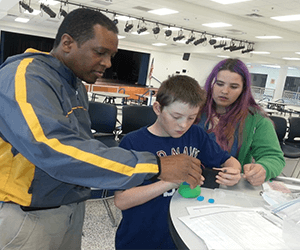
YE: I have one young man in our current YFP program that calls me on my cell, just to see how I’m doing. You really grow close with kids and this young man has always been full of hugs, which showed me that my work was appreciated.
Another young lady I worked with in the past before coming into this position had many personal challenges. She was able to graduate high school and attend college before ultimately becoming a deputy sheriff in Richmond. She calls me God mom. Her mother passed from a violent incident. When she started calling me God mom, it was unexpected but I didn’t stop it because of the attachment. I was shocked that she looked at me in this way.
As a mentor, do you feel it is important to familiarize yourself with your mentee’s family/friends?
YE: I believe so. I think it’s important that when families entrust their child with an organization that they feel comfortable with the relationship and the things that organization is doing for that child.
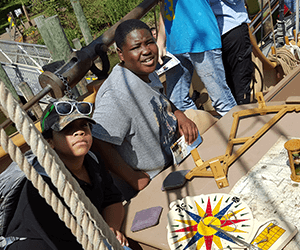
In what ways do you think someone, at any age, can benefit from having a mentor?
YE: I believe that at different points in our lives, we have different needs. Young people have different needs, like looking at college or dealing with career issues or family issues. Folks who have been through certain experiences can provide support to someone who is currently facing challenges.
Do you think there should be some emotional preparation?
YE: I would say yes, but the training we provide covers this, especially to make sure there aren’t any unresolved issues within mentors.
What advice would you give someone interested in becoming a mentor?
YE: I would say to get all the necessary information about the mentoring program, including the program goals and the type of activities. Get a clear understanding of the expectations before committing because once someone starts to look for you, the disappointment can be overwhelming.









